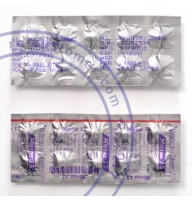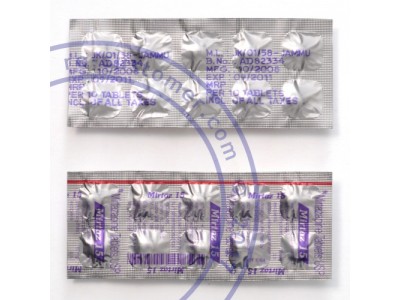Combining alcohol with mirtazapine can increase the sedative effects of both substances. Mirtazapine is an antidepressant that can cause drowsiness and impair cognitive and motor functions, especially at higher doses. Alcohol is a central nervous system depressant that also causes sedation and impairs coordination and judgment.
When taken together, alcohol can intensify the sedative effects of mirtazapine. This combination can lead to excessive drowsiness, dizziness, confusion, and impaired cognitive abilities. It may also increase the risk of accidents, falls, and other injuries due to impaired coordination and reaction times.
Moreover, combining alcohol with mirtazapine can also affect mood and worsen symptoms of depression or anxiety, which are conditions mirtazapine is prescribed to treat.
Additionally, both alcohol and mirtazapine can affect the liver, although the risk of liver damage is generally low when taken in therapeutic doses. However, excessive alcohol consumption over time can lead to liver problems, and combining it with mirtazapine may increase this risk.
In summary, while small amounts of alcohol may not necessarily cause severe reactions when taken with mirtazapine, it is generally advised to avoid alcohol or limit its consumption significantly when taking this medication. It's important to follow healthcare provider's guidance and avoid combining alcohol with medications unless specifically instructed otherwise, to ensure safety and effectiveness of treatment.

